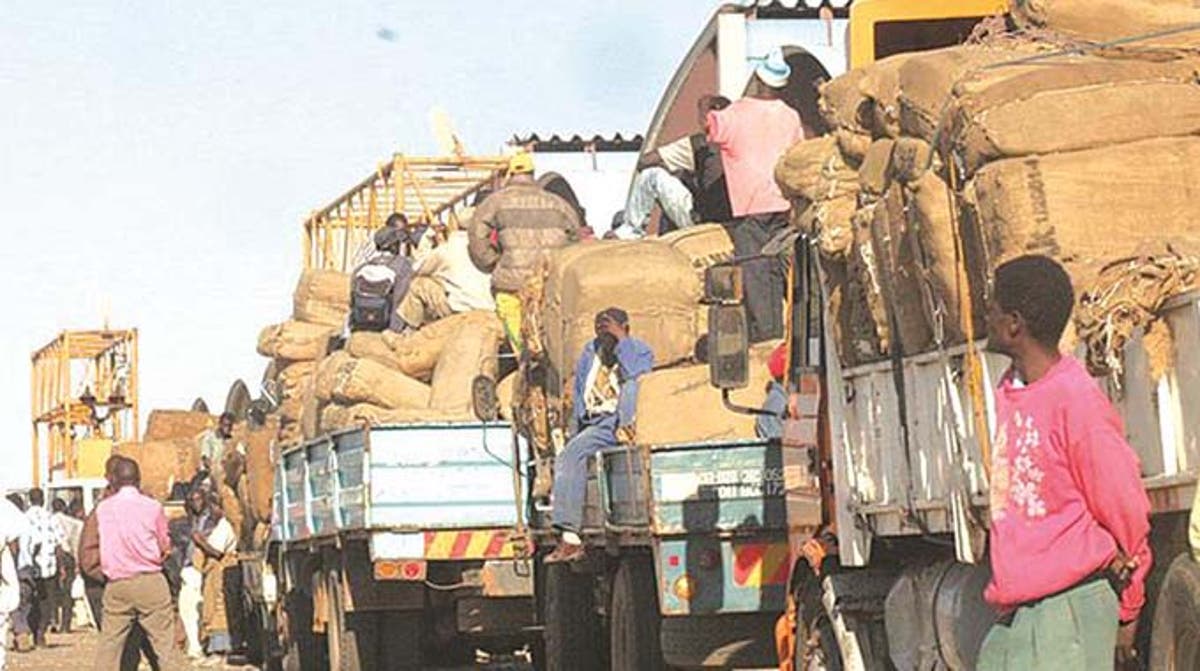Potraz warns service providers
The Postal and Telecommunication Regulatory Authority of Zimbabwe (Potraz) has warned that service providers who might have adjusted tariffs in United States dollars will be liable to a fine as the rates are not approved.
The regulatory body said such violations of licence conditions should be reported for immediate action.
However, Potraz said that it only approved local currency-denominated tariffs, noting that the country has the lowest data tariff in the Sadc region.
Last week, mobile telecoms firms adjusted tariffs by 100 percent with Potraz saying the cost of providing telecommunication services in local currency increased by 528,14 percent between January and June 2023.
Econet Wireless Zimbabwe doubled its voice data and SMS pegging its 8 gig private wifi data to $222 684 up from $111 342.
15 GB private wifi is now pegged at $402 066 from $201 033 while 50 GB users will fork out $1 012 212 from $506 106.
“The new tariff thresholds are applicable to services denominated in ZWL, which is the currency to which all tariffs for telecommunication services are pegged. Service packages that are denominated in USD will not be adjusted as the USD currency has remained relatively stable.
“This is reflected in the movement of the Telecommunication Price Index (TPI) which is used to track the cost of providing telecommunication services in ZWL terms. The TPI increased by 528,14 percent from January to June 2023,” said Potraz director-general Gift Machengete in a statement.
Telecommunication Price Index (TPI), which is used to track the cost of providing telecommunication services in ZWL terms.
Mr Machengete said significant cost movements were registered for foreign currency-denominated costs such as foreign exchange losses and depreciation, which increased in tandem with exchange rate depreciation.
“Bandwidth cost which increased by 200 percent, from ZWL8 billion in December 2022 to ZWL23,8 billion in June 2023, software licence fees, fuel, and spares for network maintenance.
“Local costs such as staff costs increased by 582 percent while other costs such as marketing, stationery, advertising, and rentals also increased due to inflationary pressures spurred by the depreciation of the local currency.
“As a result, the tariff thresholds that were set in April 2023 were rendered unviable and fell below regional averages. For example, the mobile voice tariff of $94,41 (2 USD cents) per minute was below the regional average tariff of 9 USD cents.
“The mobile internet/data tariff of $14.93 (0.32 USD cents) per Megabyte (MB) was also below the regional average tariff of 4.61 USD cents. Hence, the intervention of the regulator to review tariff thresholds by 100 percent, which is way below the 528.14/percent movement of the TPI. This was done in the interest of balancing service affordability and operator viability.”
“Finally, we continue to come across posts purporting to draw evidence from a UK website, Cable.co.uk, that Zimbabwe has the most expensive data tariff in the world at USD 43.75 per Gigabyte (GB). We reiterate that this is not only false but misleading and malicious,” he said.
“As a matter of fact, and contrary to that report, Zimbabwe has the lowest data tariff in the Southern African Development Community (Sadc) region, with an out-of-bundle tariff of ZWL14 930.00, which translates to USD 3,21 per GB at the September 2023 official exchange rate, while the Sadcaverage is at USD 4.60. Therefore, the public is encouraged to seek clarification from Potraz whenever in doubt.” -chronicle










